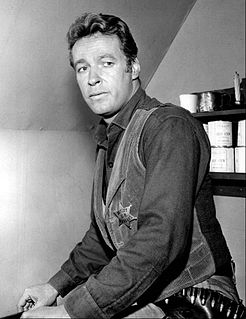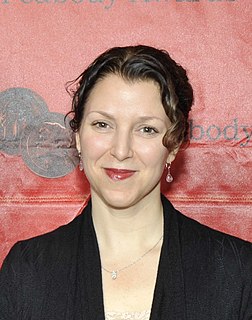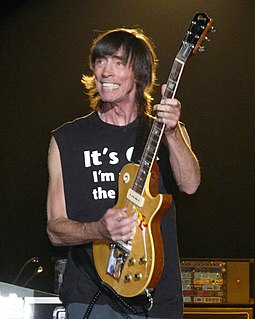A Quote by Paul Samuelson
Two factors explain our success. One, MIT's renaissance after World War II as a federally supported research resource. Two, the mathematical revolution in macro- and micro-economic theory and statistics. This was overdue and inevitable, MIT was the logical place for it to flourish.
Related Quotes
My interest in Virtual Reality (VR) films began for me when I began a fellowship with MIT's Open Documentary Lab. It was a profound experience to be on MIT's campus one day a week and to enter a new world of storytelling where breaking convention and traditional methods were expected. This was deeply challenging and inspiring.
I think what they've been doing is largely almost in firefighting mode without a good conceptual framework - either at the micro or the macro level. Micro, you would ask: "What kind of financial or banking system do we want?" Macro, you would say: "What are the underlying problems in the structure of our economy?"
There is a myth that the New Deal programs on their own pulled the US out of the Great Depression and created the conditions for the economic boom after World War II. As an economist, I can tell you, that is not true. In reality, it was mainly World War II that launched the boom - the massive war mobilization, the horrifying destruction and death caused by it, and then the reconstruction in its aftermath. he US was the only advanced capitalist country that was not bombed during the war.
We shall see that the mathematical treatment of the subject [of electricity] has been greatly developed by writers who express themselves in terms of the 'Two Fluids' theory. Their results, however, have been deduced entirely from data which can be proved by experiment, and which must therefore be true, whether we adopt the theory of two fluids or not. The experimental verification of the mathematical results therefore is no evidence for or against the peculiar doctrines of this theory.




































